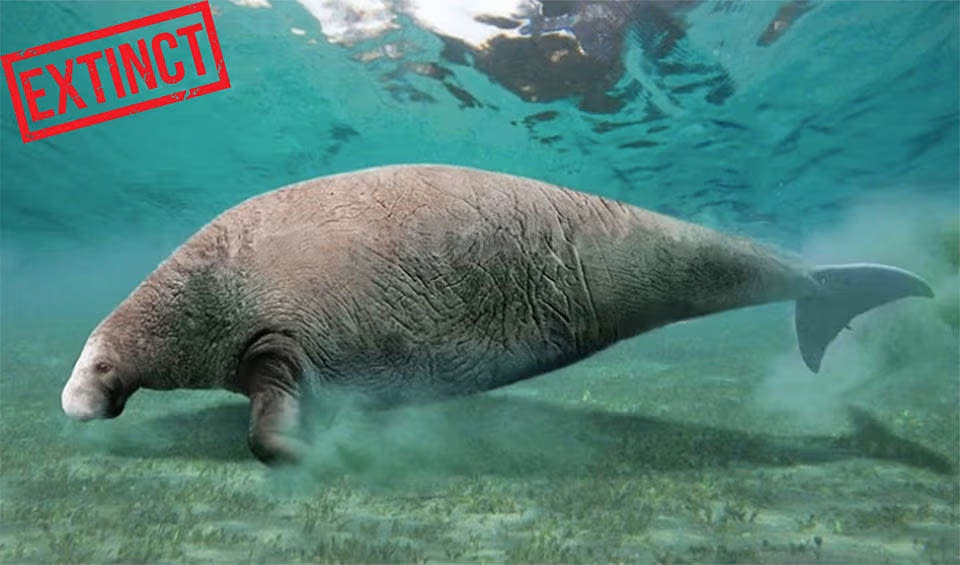Dugong – Dugong
The marine (salt water) fluke-tailed cousins of the freshwater manatees
These gentle giants are often called “sea cows” for their diet, consisting mainly of seagrasses. Dugongs play a crucial role in marine ecosystems, especially in the coastal regions of East Africa, Australia, and some parts of Asia. Their presence is not only a wonder to behold but also attracts eco-tourism, drawing enthusiasts from across the globe who are eager to experience the unique opportunity of swimming alongside these creatures or observing them from the safety of boats.
With bodies that can stretch up to 3 meters long and weigh over 900 kilograms, dugongs are remarkable for their size. Unlike their terrestrial namesake, the cow, dugongs are adept swimmers who use their fluked tails to propel themselves through the water gracefully. Their diet of seagrass not only defines their habitat, preferring the shallow coastal waters where these plants abound, but also makes them vital for the health of the marine environment.
However, the beauty and serenity of these creatures have made them targets for hunters for centuries. Dugongs have been hunted for their skin, which is highly valued for its durability; their teeth, used in traditional ornaments; oil, which has various domestic uses; and bones, sought after for medicinal purposes in some cultures. This hunting, coupled with habitat destruction due to coastal development, pollution, and the impacts of climate change, has led to a decline in dugong populations, making their conservation a pressing issue.
Despite being legally protected throughout their range, enforcement of these protections is often challenging, and illegal hunting still occurs. Conservation efforts for dugongs involve habitat protection, population dynamics and genetics research, and education campaigns to raise awareness about their plight. International cooperation is crucial, as dugong habitats span many countries and regions.
Species in this genus
Dugong
Often called dugong mermaids by sailors due to mammary glands and nursing habits are similar to humans
Steller’s sea cow
The extinction of this 9-meter (30 ft) sea mammal is a wake-up call for those who believe the ocean has unlimited replenishing species


